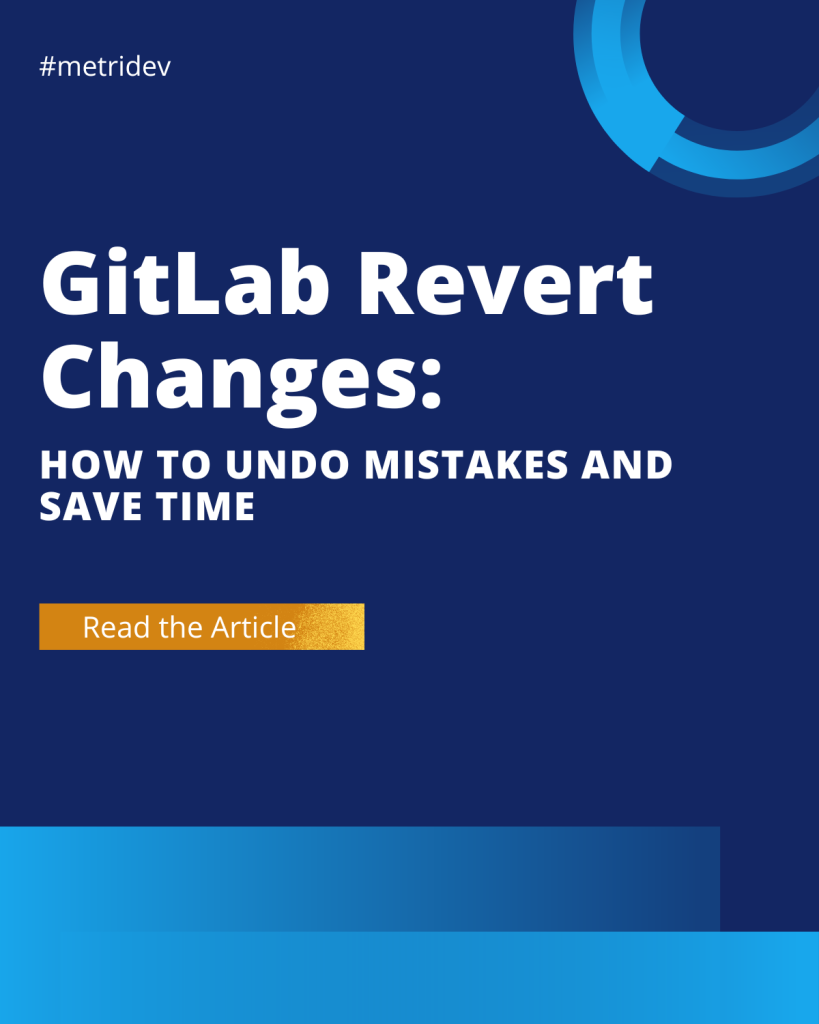Introduction
Benchmarking is a crucial process in the world of software development. It enables developers to measure the performance of their applications and compare them to industry standards or competitors. But to truly master the art of data analysis, one must utilize benchmarking software. In this article, we will explore the concept of benchmarking, the importance of data analysis in software development, the benefits of using benchmarking software, and how to choose and effectively use the right software for your needs.
What is benchmarking with an example?
Benchmarking is the practice of comparing the performance of a system, process, or product against a set of predefined standards or competitors. It provides developers with valuable insights into the strengths and weaknesses of their applications. For example, let’s say a software company wants to assess the performance of their e-commerce website. They can benchmark their website against other successful e-commerce platforms to identify areas where their site may be lagging behind or excelling.
What is benchmarking software?
Benchmarking software is a tool that enables developers to conduct performance tests and collect data for analysis. It automates the benchmarking process, making it more efficient and accurate. These software solutions often provide a range of performance metrics, such as response time, throughput, and resource utilization. With benchmarking software, developers can measure and compare their application’s performance against industry standards, competitors, or previous versions of their own software.
What is benchmarking in development?
Benchmarking in development refers to the practice of comparing the performance of software applications during the development process. It allows developers to identify bottlenecks, optimize code, and improve the overall performance of their applications. By benchmarking different versions of their software, developers can track the impact of changes and ensure that performance improvements are achieved. Benchmarking in development is an iterative process that helps developers fine-tune their applications for optimal performance.
The importance of data analysis in software development
Data analysis plays a crucial role in software development. It provides developers with actionable insights that can drive decision-making and optimization. By analyzing performance data, developers can identify performance bottlenecks, optimize code, and improve the overall user experience. Data analysis also helps developers understand the impact of changes and make informed decisions during the development process. Without proper data analysis, developers would be left in the dark, making blind changes to their software without understanding the implications.

Benefits of using benchmarking software
Using benchmarking software offers several benefits to software developers. Firstly, it provides an automated and standardized approach to benchmarking, ensuring accurate and consistent results. The software streamlines the benchmarking process, making it more efficient and saving developers valuable time and effort. Additionally, benchmarking software often provides in-depth performance metrics and visualizations that make it easier to interpret the data and identify areas for improvement. With benchmarking software, developers can make data-driven decisions, optimize their applications, and deliver better performing software to their users.
Types of benchmarking software available
There are various types of benchmarking software available in the market, each with its own strengths and features. Some benchmarking software focuses on specific areas of performance, such as CPU or network performance, while others offer comprehensive benchmarking capabilities across multiple dimensions. It’s important to choose one that aligns with your specific needs and goals. Some popular benchmarking software options include Geekbench, PassMark, and Novabench. These tools offer a wide range of benchmarking tests and features to suit different requirements.
What is benchmarking in the IT industry?
Benchmarking in the IT industry refers to the process of comparing the performance of IT systems, infrastructure, or applications against industry standards or competitors. IT benchmarking helps organizations identify areas for improvement, optimize their systems, and align their IT infrastructure with industry best practices. It enables organizations to measure their IT performance and make data-driven decisions to enhance efficiency and productivity. Benchmarking in the IT industry is a continuous process that allows organizations to stay competitive and up-to-date with the latest technologies and practices.
What is a benchmark in technology?
In technology, a benchmark refers to a standardized set of tests or metrics used to measure the performance of hardware, software, or systems. These benchmarks establish a baseline for comparison and enable developers to assess the performance of their technology against industry standards or competitors. Benchmarks can measure various aspects of technology, such as processing speed, memory utilization, network latency, and user responsiveness. By establishing benchmarks, developers can track performance improvements or regressions and ensure that their technology meets the desired performance goals.
Key features to look for in benchmarking software
When choosing benchmarking software, there are several key features to consider. Firstly, it should provide a wide range of benchmarking tests that align with your specific needs. The software should also offer comprehensive performance metrics and visualizations to help you interpret the data effectively. Additionally, it should support customization options, allowing you to tailor the benchmarking process to your requirements. Integration capabilities with other software tools and platforms are also important for seamless workflows. Lastly, consider the software’s ease of use and user interface to ensure a smooth and efficient benchmarking experience.
What tool would you use for benchmarking?
The choice of benchmarking tool depends on your specific requirements and the nature of your benchmarking project. There are several popular benchmarking tools available, each with its own strengths and features. Geekbench is a widely used tool for measuring CPU and memory performance. PassMark offers a comprehensive suite of benchmarking tests for various hardware components. Novabench provides a user-friendly interface and benchmarks CPU, GPU, RAM, and disk performance. These are just a few examples, and the choice of benchmarking tool ultimately depends on your specific needs and goals.
How to choose the right benchmarking software for your needs
Choosing the right benchmarking software involves considering several factors. Firstly, define your benchmarking objectives and the specific metrics you want to measure. This will help you narrow down the software options that align with your goals. Next, assess the features and capabilities of the benchmarking software, ensuring that it provides the necessary tests and metrics for your requirements. Consider the software’s compatibility with your existing systems and the level of technical support provided. Lastly, evaluate the software’s reputation and user reviews to ensure its reliability and effectiveness.
How to use benchmarking software effectively
To use benchmarking software effectively, start by defining your benchmarking goals and objectives. Clearly identify the metrics you want to measure and the performance targets you aim to achieve. Next, select the appropriate benchmarking tests and configure the software accordingly. Run the benchmarks on your application or system and collect the performance data. Analyze the data using the software’s built-in tools or export it to other data analysis platforms for further analysis. Finally, interpret the results, identify areas for improvement, and take action to optimize your software or system based on the insights gained.
What is benchmark testing in software testing?
Benchmark testing in software testing refers to the process of measuring the performance of a software application against predefined benchmarks or industry standards. It helps identify performance bottlenecks, stability issues, and resource constraints. Benchmark testing involves running the application under specific conditions and measuring various performance metrics, such as response time, scalability, and resource utilization. By benchmark testing their software, developers can ensure that their applications meet the desired performance requirements and deliver a smooth user experience.
Common challenges and how to overcome them when using benchmarking software
While benchmarking software offers valuable insights, there can be challenges associated with its usage. One common challenge is the selection of appropriate benchmarks and metrics. To overcome this, it’s important to clearly define your benchmarking goals and align them with your specific requirements. Another challenge is the interpretation of benchmarking data. To address this, leverage the software’s visualization and analysis tools, and seek assistance from experts if needed. Lastly, ensure that the benchmarking process is performed in a controlled and consistent manner to ensure accurate and reliable results.
Conclusion: Harnessing the power of benchmarking software for data analysis in software development
Benchmarking software is an essential tool for mastering the art of data analysis in software development. It enables developers to measure and compare the performance of their applications against industry standards and competitors. By utilizing it, developers can identify areas for improvement, optimize their code, and deliver better-performing software. However, it’s important to choose the right benchmarking software that aligns with your specific needs and goals. By following best practices and effectively utilizing it, developers can harness the power of data analysis and drive continuous improvement in software development.
To take your software development to the next level, explore the wide range of options available and choose the one that best suits your needs. You can also read our article about Time Coding: Boosting Efficiency and Accuracy.









Leave a Reply